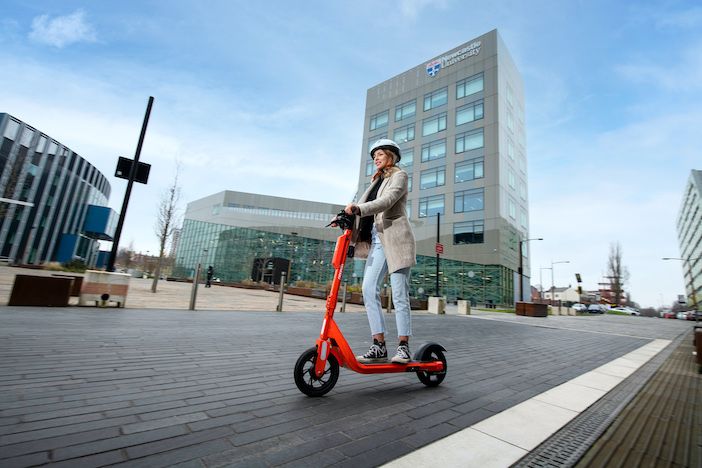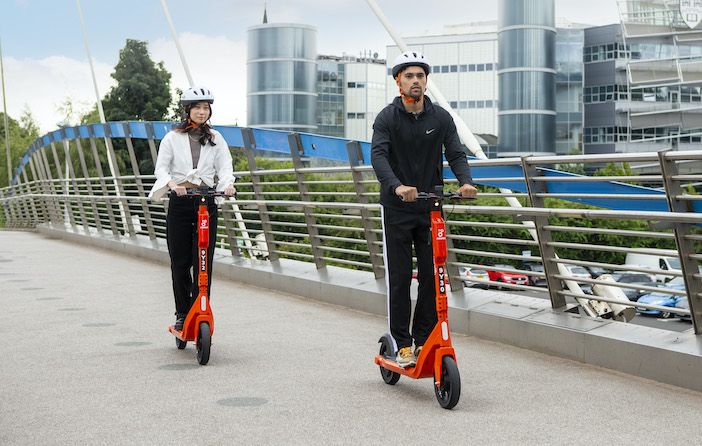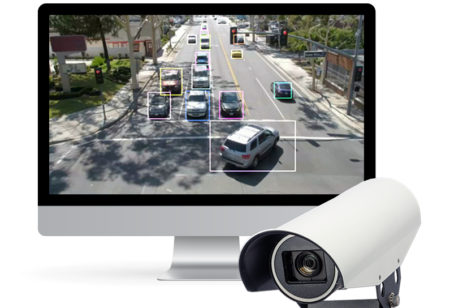E-scooter operator Neuron Mobility is launching its first ‘Global Hackathon’ competition, challenging students to use anonymised trip data to optimise micromobility services, with a cash prize of £1,850 on offer.
Neuron’s inaugural Global Hackathon 2022, which runs from 15-29 October, is an open competition for students at universities and colleges across Australia, Canada, New Zealand, Singapore and the UK.
Students can apply here and have two weeks to complete the challenge. Teams of up to four students are able to apply and prizes will be awarded to the winning teams. All team members must be a full- or part-time student from a tertiary education institution and must have a valid student email.
Participants of the Hackathon will be tasked to take a data-led approach to designing an algorithm and an operational plan that optimise rental e-scooter and e-bike services in the most labour and cost-efficient manner, while fulfilling all city restrictions and regulations.
The competition will provide the opportunity for select students from the winning team to kickstart their careers by winning a paid internship in Neuron’s world-class data team, where they will have the opportunity to learn lifelong skills in data science.
The Hackathon challenges participants to optimise rental e-scooter and e-bike services in a fictional city, using Neuron’s anonymised trip data. Contestants will then be judged on operational efficiency, market growth and compliance to regulatory requirements.
Neuron, a safety-focused micromobility company, operates in 26 locations across highly regulated markets including Australia, Canada, New Zealand and the UK, where a fixed number of vehicles are permitted by each city. Such operating environments present unique conditions and contestants will have to take these into consideration, such as managing a high usage rate for each vehicle, and the need to pick up, charge and redistribute a limited fleet across areas with varied demands.

Neuron’s global focus is to be the best partner to cities by being flexible and forward thinking in how it operates, and the Hackathon aims to develop innovative ways for the company to ensure that they are operating their fleets in the safest, most responsible and sustainable way possible.
“Our e-scooters and e-bikes are all fitted with GPS and are always-connected so we know where they are and how they are being used,” says Zhenjie Zhang, head of data at Neuron Mobility. “This provides a wealth of data which we are continually analysing to improve our operations. By making sure our vehicles are parked where they are needed most at particular times of the day and night we can significantly improve utilisation rates while lowering their carbon footprint.
“Analysing data helps us plan maintenance and identify potential compliance issues before they happen and this has a positive impact on safety. We are also able to deliver significant insight into how people travel which is particularly valuable to our cities’ transport teams as they plan their future transport networks and infrastructure.”





